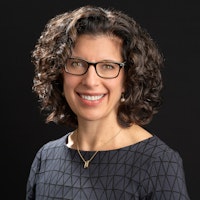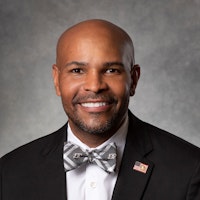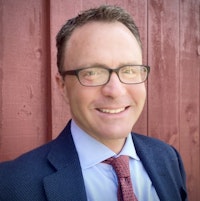
If you actually want to talk about saving lives, it’s about finding ways to work together with people who may have different belief systems from you.
Show Notes
Despite the deeply tragic, terrifying and high-profile nature of gun violence, the United States has not been able to make significant progress on the problem. The arguments on all sides are exhaustingly familiar, and so is the lack of governmental and societal action. In the meantime, more and more people are dying—researchers say more than 45,000 a year. A group of passionate health care providers and public health professionals are urging us to look at the issue in a different light, and think about how the country’s gun-owning and gun-despising populations can actually work together to save lives. Physician and Brown University professor Megan Ranney joins former U.S. surgeon general and anesthesiologist Jerome Adams and physician and program director of the American Foundation for Firearm Injury Reduction in Medicine (AFFIRM) at the Aspen Institute, Christopher Barsotti for a spirited talk at Aspen Ideas: Health. Each has firsthand experience treating people impacted by gun violence, and they share the ways they’ve employed a public health approach—emphasizing care over punishment—to reduce harm. Could their underused methods work in more parts of the country, and make a dent in this seemingly intractable issue? Elizabeth Cohen, senior medical correspondent for CNN, moderates the conversation.
Explore
Related episodes


Should gun violence in America be tackled as a public health issue?


Hate has unfortunately been a part of the United States since the founding of the country, enshrined at various times in policies and regulations, and showing up in the practices and everyday behavior of individuals. We have made progress in addressing some of those harms and removing some of the structural barriers people face, but we still have a ways to go as a society....


Are we experiencing a “crisis of connection"?” Fifty-four percent of American adults report that not a single person knows them well. Our political and social divisions are at the forefront of public life right now, and distrust is widespread. New York Times columnist David Brooks is on a mission to spread the skills of deep listening and engaged conversation, which lead t...










